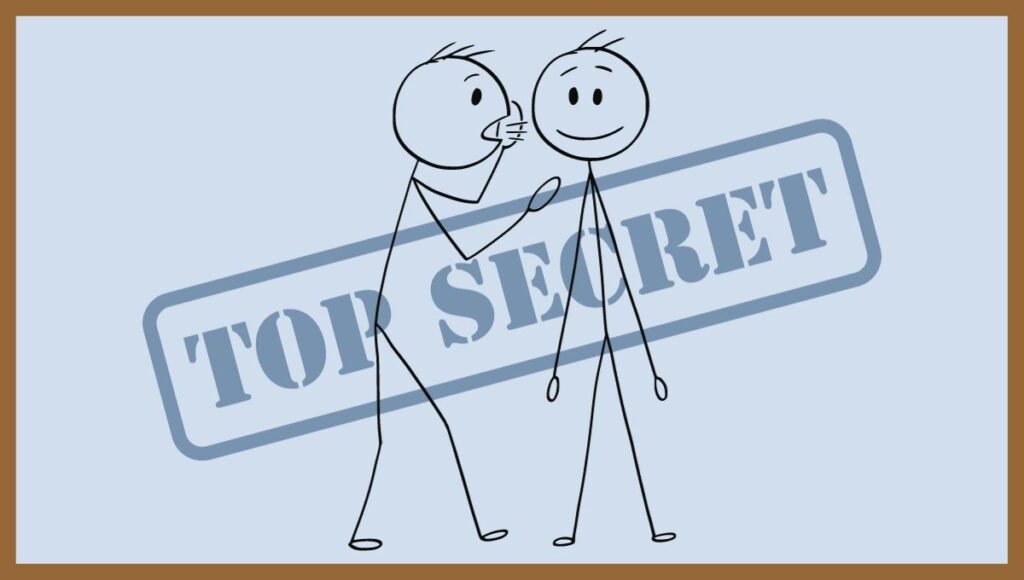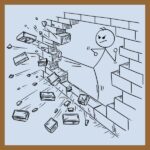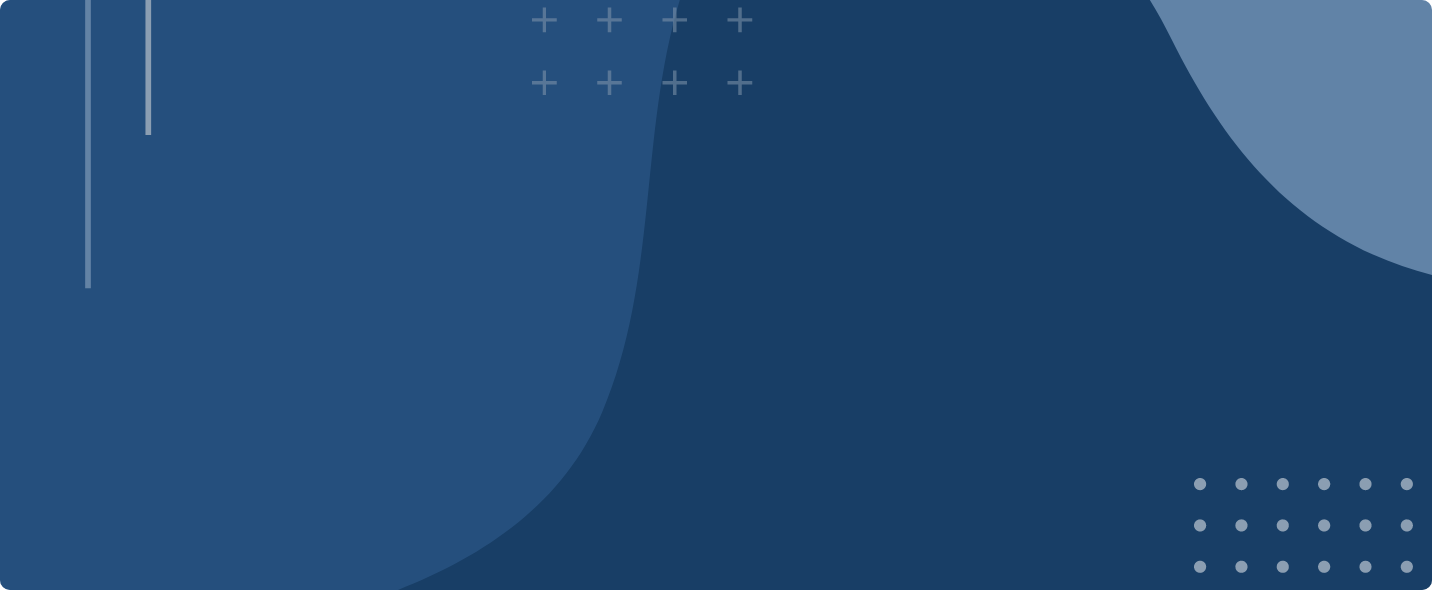Sep 20, 2023
Do You Know The Powerful Way You Can Improve Diligence?
ResourcesTools

Use Questions. Questions are a key to better diligence. Develop sets of questions that you can use to plan, organize and guide you through your diligence projects. Today’s post is a start. Make a list and add your own.
The Secret
The month that I was a newly employed attorney I attended my first transaction meeting. I received a stack of documents to read in advance of the meeting. I read them but I had questions. During the meeting the senior partner asked if there were any questions. I took a chance and asked my questions. He answered a few of them and explained that we had to perform diligence to answer the rest of the questions.
When the meeting ended the senior partner turned to the senior associate and said, “I like her, she asks questions” – I relaxed. I wasn’t going to be criticized for asking questions, no one thought I was unprepared. Questions were good. More importantly, I discovered that questions are a secret to great diligence.
Questions are a way to frame a problem, conduct research and even organize work. Asking questions is part of the job. I will go so far a to say that if you are not prepared to ask questions you are not capable of performing effective diligence.
But there is no need to invent new questions each time you begin a new diligence project. Instead, make your work simpler and develop a series of checklists that will provide you with a basic arsenal of questions. You can grow and specialize the checklists as time goes on.
To spark some ideas here are 10 areas in which you can use questions to improve your diligence and over fifty questions to get you started.
Using Questions to Improve Diligence

Start
Start with the fundamental question – What is the purpose of the diligence? This question and the answer will provide you with guidance to move forward. For example, if you are performing diligence to behave ethically you will have a set of criteria that you will use for that diligence. If you are performing diligence to meet a specific legal requirement you will have a different set of criteria. Common diligence purposes include:
- Compliance with an internal, industry or legal requirement
- Acquire the knowledge needed to make a good decision
- Avoid harm
- Adhere to mission
- Safeguard reputation
- Behave ethically

Break It Down
Diligence projects can be large. If you need to perform diligence on a company which is a potential acquisition target you are not doing one diligence project you are doing multiple projects. Each piece of the project needs a plan with its own set of criteria and sources. You can use basic questions for breaking down the diligence into components, for example:
- Who – which people and entities that subject to diligence
- What – what components of the the business, legal issues, technology and production are subject to diligence
- Where – which locations are subject to diligence
- How – which strategies, processes and internal policies will be reviewed

Define the Goals
A useful question is to ask yourself is, for each component of the diligence project what is the goal? Because once again, if you understand the goal you have a way to move forward. Some common diligence goals are to:
- Find information about something new
- Supplement information you already have such as by adding history
- Verify what you have, is it true or not
- Acquire insight from experts, customers
- Obtain context, such as market share, global reach, user experience

Establish and Document Capabilities
All diligence projects need planning, a good series of questions can walk you through the planning stage. For example:
- What is the budget
- What is your timeline
- What technology is available
- Who is available to work on the project
- Will you engage experts
- What sources are appropriate

Evaluation
As you progress through your diligence project you will find that you need to evaluate sources, materials even people. Develop a set of evaluation questions to help you through the work and to avoid surprises at the end of the project. Some evaluation questions are:
- Are the people involved the right people/experts
- Are the sources useful, truthful, reliable
- Is there a bias
- Do you understand where and how the information was developed
- Can you list the parties that developed the information
- Is the information verifiable

Analysis
Analysis is all about questions. When you do analysis you are asking yourself if the material that you have found is adequate to meet your needs, does it advance you to answers. You may be asking:
- What is the information, data, opinions, telling me
- What is lacking
- How does the material work together
- Am I reaching a point of clarity
- Are there new issues based on the analysis
- What does my knowledge and experience tell me

Guide
You may get lost. Lost in details, lost in the web, lost in conflicting opinions and sources, lost in lies, fake information and content, lost in a torrent of real data, even lost in internal politics and corporate silos. When you are lost, use questions as your guide.
- Is this important
- Is this real or a fake
- How can I reconcile sources
- Who can help unravel the tangle of information
- What can be eliminated
- Does this information serve the purpose of the diligence
- Am I reaching the set goals

Big Picture
When you conduct diligence on a wide range of topics for a complicated project, or if you are managing a large number of resources it is easy to lose sight of the big picture. Questions will help you zoom out and provide perspective. Ask:
- Is all the material consistent or complementary
- Is it sufficient
- Did I answer all the original questions
- Are there loose ends or open issues
- Does it make sense
- Do I understand everything
- Am I finished gathering and analyzing material

Conclusions
This is the big question – Am I finished with the diligence? How do you answer this question – try asking:
- Can I answer the first original question – Why am I performing diligence
- Is the answer satisfactory
- Are all goals met
- Did I follow up on open issues
- Are gaps closed or identified
- If gaps cannot be closed have I drawn conclusions about the gaps
- Am I satisfied

Organization
Finally, you can use your questions and the answers to:
- Organize the end product
- Make a record of the work that was done
- Contribute to an internal knowledge bank
- Preserve and archive materials for regulatory, compliance, and internal record keeping requirements
- Educate & Train
A Final Question
I urge you to ask one more question – How can I improve or add to these questions so that they work for my diligence responsibilities and projects?
Sign Up to Receive the Diligence File Emails – More Ideas & Resources to Advance Your Diligence
Thank you


Subscribe for Diligence Updates
Get the latest updates, resources, offers, and more.
"*" indicates required fields
The Diligence File respects your privacy. Privacy Policy